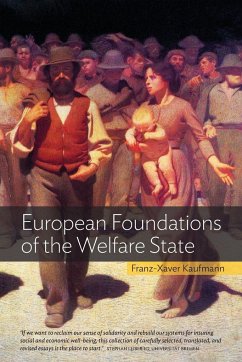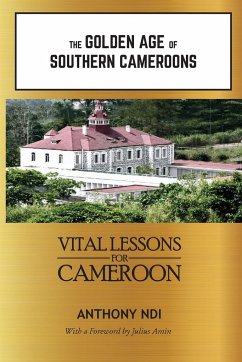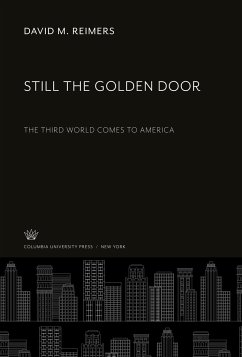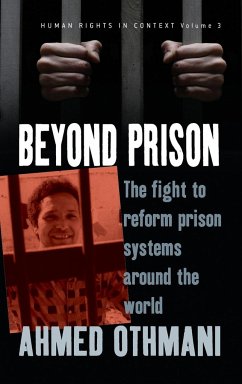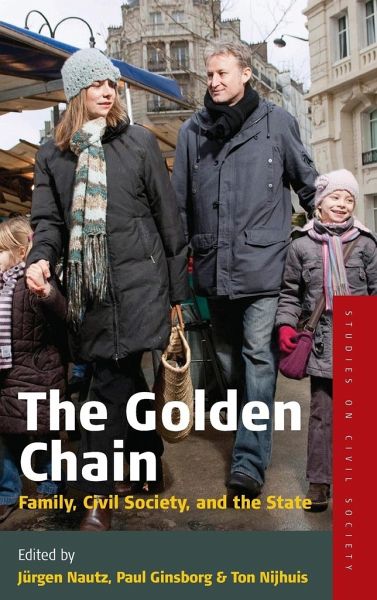
The Golden Chain
Family, Civil Society and the State
Herausgeber: Nautz, Jürgen; Nijhuis, Ton; Ginsborg, Paul

PAYBACK Punkte
66 °P sammeln!
Offers historical perspectives on the role of families in the processes of a liberal and democratic civil society Discusses the question of the boundaries of the private and public domains Analyses the interventions of state institutions





